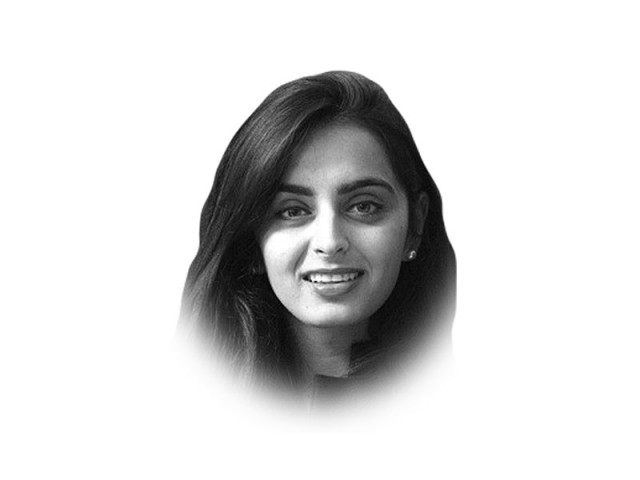Salvaging Urdu
Any policy directed at revival, preservation of Urdu must also account that English is essential for global access

The writer is a practising lawyer and teaches law at two colleges in Lahore
According to a statement made before the Court by a government official on July 10, the president, the prime minister, federal and provincial ministers and government employees are to now deliver all speeches, within Pakistan or abroad, in Urdu. Circulars issued by the federal government have directed ministries to employ Urdu as the language of correspondence, ordered the translation of all government policies into Urdu, instructed the bureaucracy to take notes and issue official orders in Urdu and provided that tests conducted by the NTS for certain government jobs shall be in Urdu. These measures follow a significant decision of the cabinet, taken on May 14, 2015, declaring Urdu the “official” language of Pakistan.
The cabinet’s decision and the judicial interest in the matter may be critical in ensuring that Urdu, constitutionally designated the national language, does not become irrelevant. The protection and patronage being extended to Urdu is pursuant to Article 251 of the Constitution, a legal mandate requiring the eventual replacement of English with Urdu as the official language of Pakistan. Many of the urban elite, and those who seek association with them, however, find it increasingly expedient to adopt English as the lingua franca, even amidst individuals not necessarily belonging to a divergent linguistic group. The English language operates as a licence, granting greater accessibility to economic opportunities, and acceptance and mobility through echelons of society. This practice may be a colonial remnant, or a result of globalisation. Consequently, we converse in a warped mix of English and Urdu, at times unable to construct a whole sentence in just one language, admit ashamedly our inability to pen such a column in our national language; or are warned that being referred to as “ammi” by our child may earn her/him the epithet ‘uncool’.
There is also a nationalist rationale to such policy. A language is a marker of a group’s identity and often an embodiment of its shared cultural heritage. In multilingual polities, a national language is expected to function as a unifying force bridging cultural and ethnic divides. But in a state like Pakistan where, according to the last census, only eight per cent of the population identifies itself as Urdu speakers, the elevation of, and the patronage extended to the Urdu language has, in the past, proved divisive. Calls for the division of our federation on linguistic lines still continue to be aired vociferously.
Regardless, the new language policy is to be hailed from the perspective of cultural preservation. To permit the national language to fall into disuse would be to lose a rich past penned in Urdu, and to deprive our children of the romanticism and depth of Urdu literature. The cultural argument, however, is equally applicable to the multitude of regional languages spoken in Pakistan. To a Punjabi merely acquainted with the tales of Heer Ranjha, or the mysticism of Bulleh Shah’s poetry, patronage by the state of the languages spoken in Punjab is equally warranted. It would be so for languages spoken in other parts of the federation as well.
Surely, seeing our head of state address a UN General Assembly in our national language, much like the Indian Prime Minister did last year, would be a moment of pride. But would such a move be sufficient to salvage our languages? Along with a policy framework mandating the employment of Urdu (or other regional languages) as the medium of communication /instruction in government offices/schools, what we require is an attitudinal shift in society away from the devaluation of our local languages. Yet one must admit that the English language cannot entirely be ignored. Any policy directed at the revival and preservation of the languages of Pakistan must also account for the fact that in today’s world economy, proficiency in English is essential for access to global markets, quality education and technology.
Published in The Express Tribune, July 14th, 2015.
Like Opinion & Editorial on Facebook, follow @ETOpEd on Twitter to receive all updates on all our daily pieces.














COMMENTS
Comments are moderated and generally will be posted if they are on-topic and not abusive.
For more information, please see our Comments FAQ